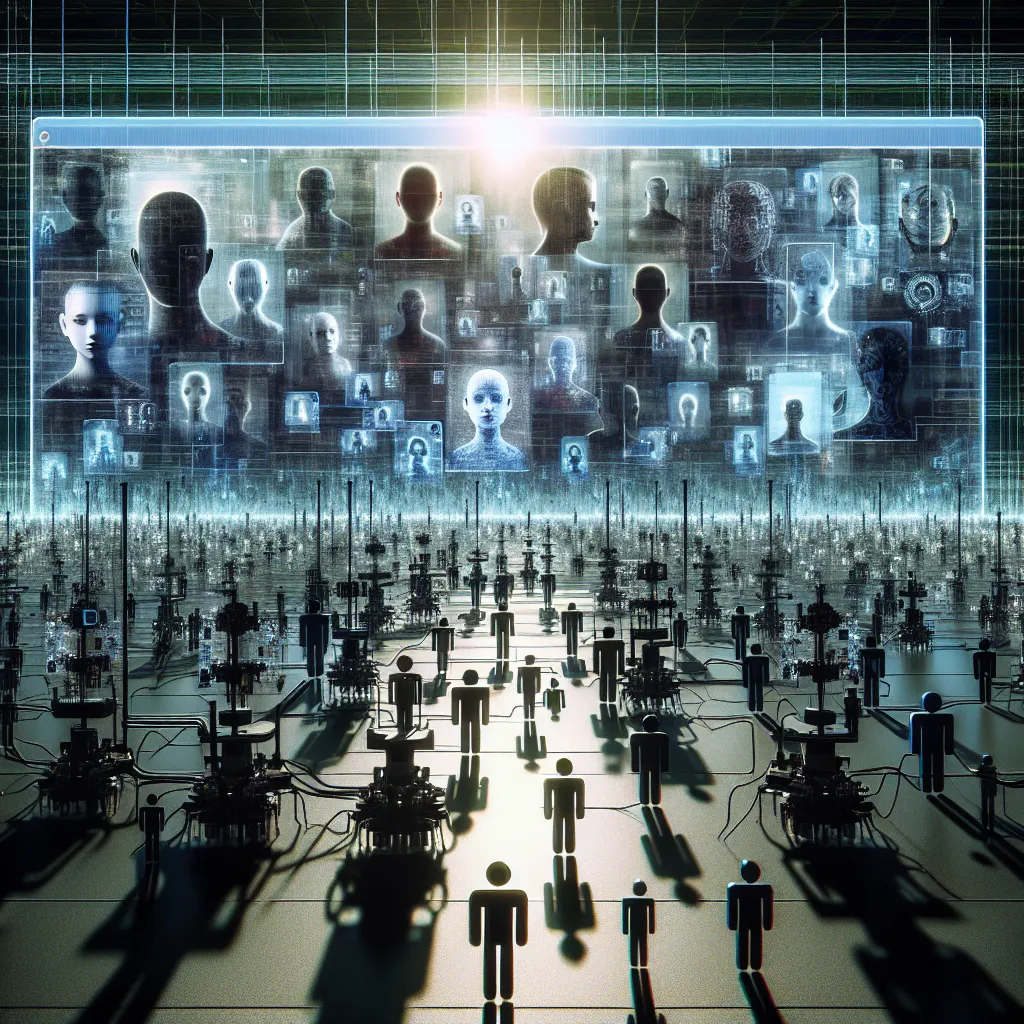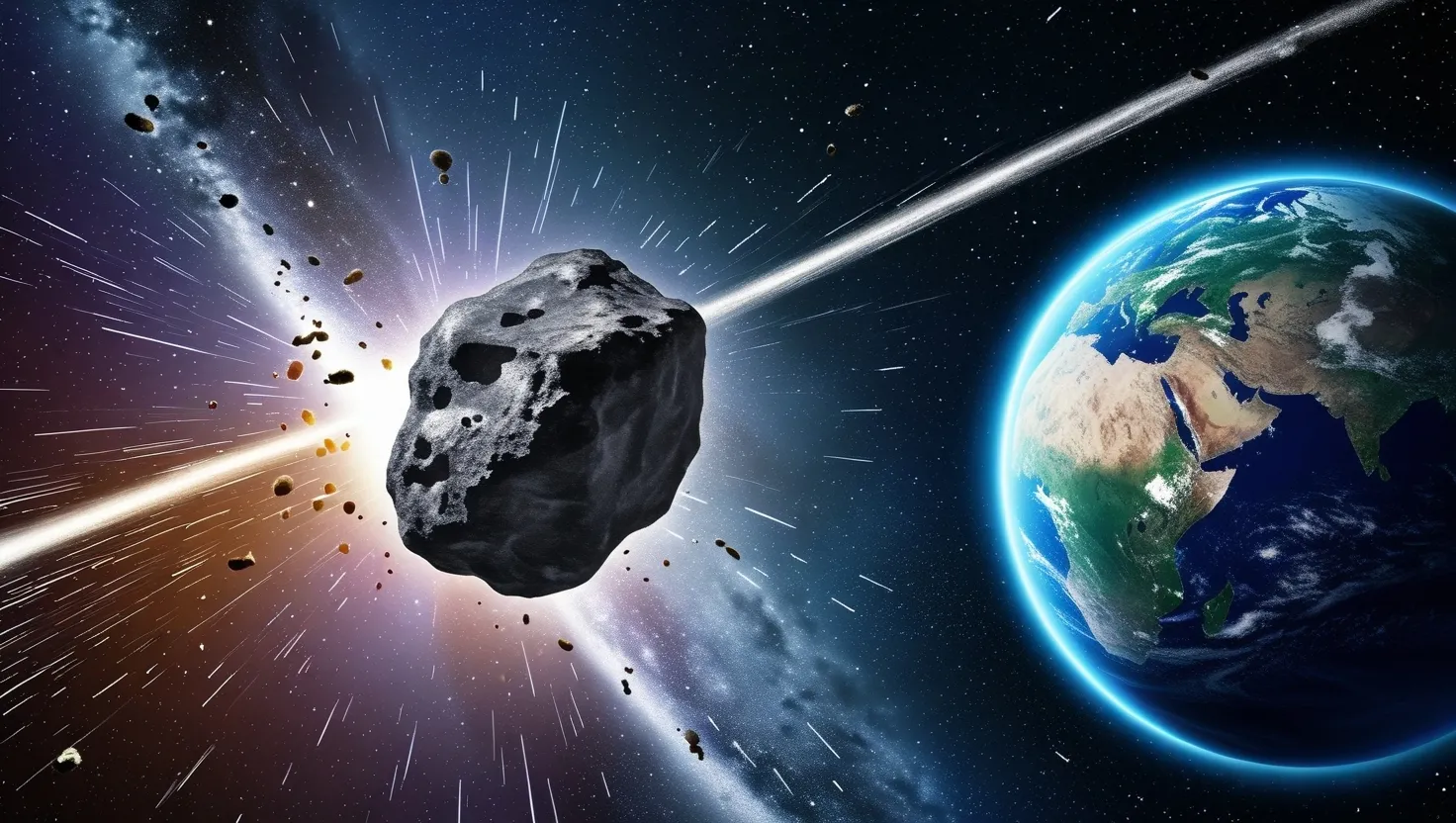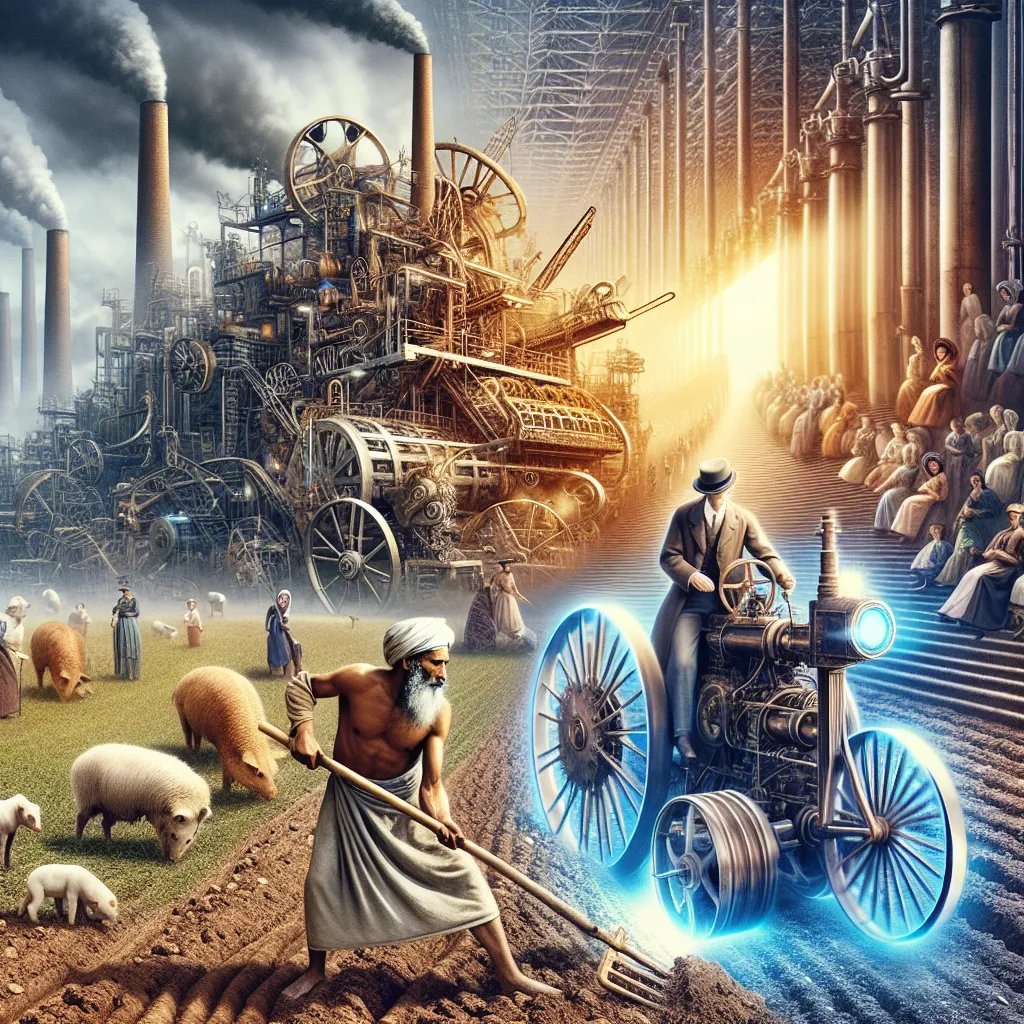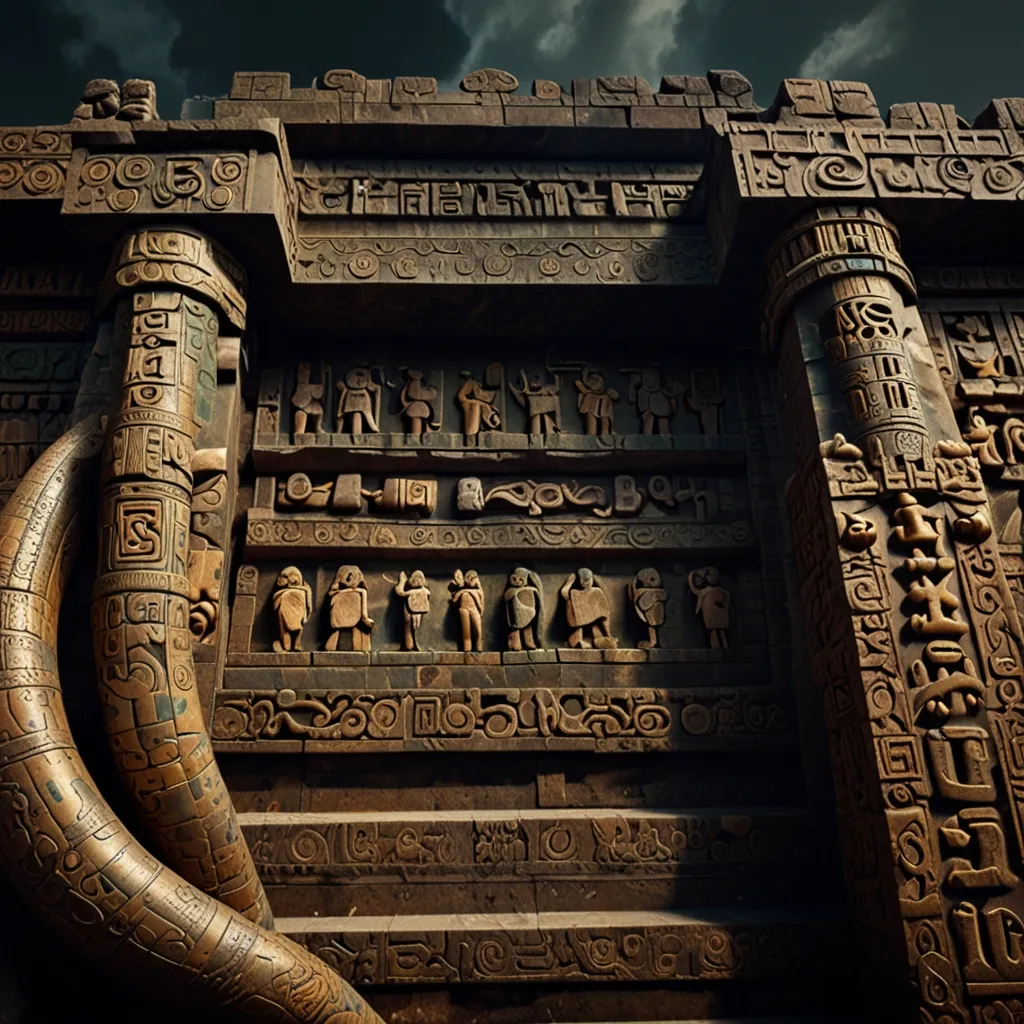What if I told you that most of your online existence is fake? The articles you read, the Twitter accounts you follow, maybe even this text—it’s all fiction created by artificial intelligence. These AIs are designed to keep you clicking on content that doesn’t matter and buying products you don’t need. We’re all part of a real-life matrix, distracted from the truth: we’re just drones in a digital world, making the rich richer.
This idea is called the Dead Internet Theory, and there’s some pretty compelling evidence to support it.
According to this theory, most internet content and even the consumers of that content are fake. Studies suggest that only about 50% of web traffic is human, with the rest being bots. This proportion is decreasing every year. In 2013, it was revealed that half of YouTube traffic was bots, leading to fears that their algorithms might eventually mistake human traffic for fake. They called this moment “The Inversion.”
I’ve seen these bots in action myself. Sometimes, I’ll wake up to thousands of generic comments under my videos, posted by users with strange, generic names.
Why is this happening? Money. Platforms like Facebook have been accused of overestimating their reach for years. In 2018, a Facebook employee warned that their metrics were “a lawsuit waiting to happen.” Advertisers sued, claiming Facebook exaggerated its traffic by 150-900%. While Facebook admitted to only a 60-80% overstatement, fake traffic is still fake traffic. The money Facebook collects from advertisers, however, is very real.
Thus, bots for profit make sense. Then there are “click farms” where hundreds of phones and bots create fake engagement. Platforms know about this, but they’re not rushing to fix it. For example, leaked emails suggested that Facebook knowingly allows millions of duplicate accounts to remain active to keep their numbers inflated. Because if they removed all the fake accounts, they would see a significant drop in their metrics—and ad revenue.
But according to the Dead Internet Theory, it’s even darker than just profit. The theory, which started on forums like 4chan and Agora Road, claims that since around 2016, the internet has become sterile and homogenized, with AI-generated content dominating the space. Everything looks smooth on the surface, feeding us the same repetitive content.
They say the government is in on it too, engaging in AI-powered manipulation of the population. Only a few influencers, corporations, and the government are behind the scenes, pulling the strings. This isn’t far-fetched if you realize how social media platforms feed you content tailored to keep you clicking, often amplifying political views or creating outrage just to keep you engaged.
In some cases, the AI is so advanced that it produces complete simulations, like deep fakes. These are videos where AI makes someone seem to say or do things they never actually did. For instance, a deep fake could make it look as if a political leader has said something inflammatory, and people might believe it.
Then we have influencers like Miquela Sousa, a completely fake, computer-generated Instagram model. Despite being revealed as entirely artificial, Miquela has amassed millions of followers who don’t seem to care if she’s real or not.
The implications of this tech go beyond just social media trickery. Advances in AI have produced autonomous drones that identify and attack targets without human intervention. These have been used in real conflicts, making the concept of “killer robots” not just a sci-fi nightmare but a reality.
Put simply, algorithms are getting better at not just showing us content but creating it. There’s nothing stopping these algorithms from running more and more of our digital lives. Imagine: AI can write more AI. Google’s AutoML-Zero allegedly does this. Google denies it, but many believe it.
So, if AI can gather fans, generate wealth, influence politics, and even wage war—all without human input—then the internet as we knew it is dead. We’re just here, feeding it data and money to make these systems smarter and more powerful.
Looking ahead, platforms like Facebook are moving towards an even more immersive online experience with the Metaverse. If you think online life is toxic now, just wait till we are all living in a virtual reality. We may find ourselves longing for the simpler days of the internet as it used to be.






